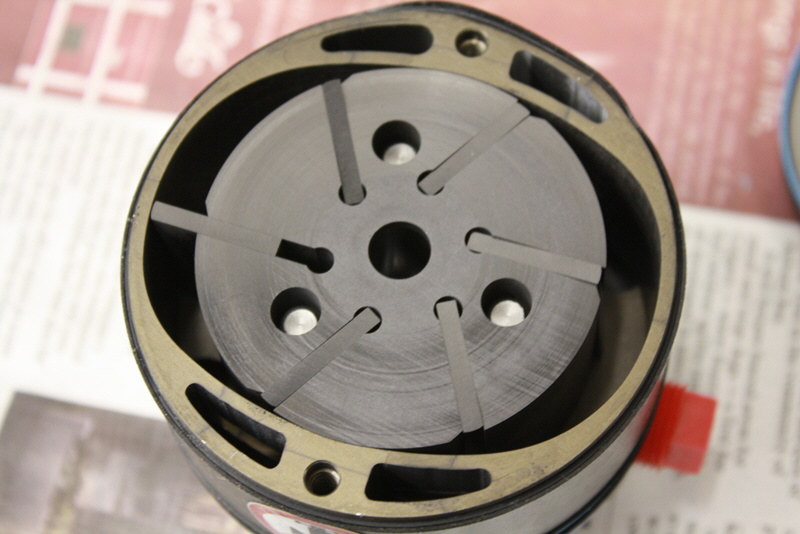Code90
Pre-takeoff checklist
Mostly this is a question about what most others would do. I'm still a low time pilot and seem to learn something new daily with the plane.
Recently loaded the plane for a trip with a friend. All ready to go... Started without any problem, but then had a new whining noise. "Hmm. Never heard that before." Sounded like was just on other side of the firewall. Everything else read perfectly normal with gauges. It would whine as I increased RPM. Would stop if brought back to idle. Co-owner outside plane could not hear it and said engine sounded normal.
Our field has no mechanic. We fly 15 min flight to the mechanic at a large airport. The question is, would you fly the plane without knowing what the noise was? How do you decide?
Recently loaded the plane for a trip with a friend. All ready to go... Started without any problem, but then had a new whining noise. "Hmm. Never heard that before." Sounded like was just on other side of the firewall. Everything else read perfectly normal with gauges. It would whine as I increased RPM. Would stop if brought back to idle. Co-owner outside plane could not hear it and said engine sounded normal.
Our field has no mechanic. We fly 15 min flight to the mechanic at a large airport. The question is, would you fly the plane without knowing what the noise was? How do you decide?



